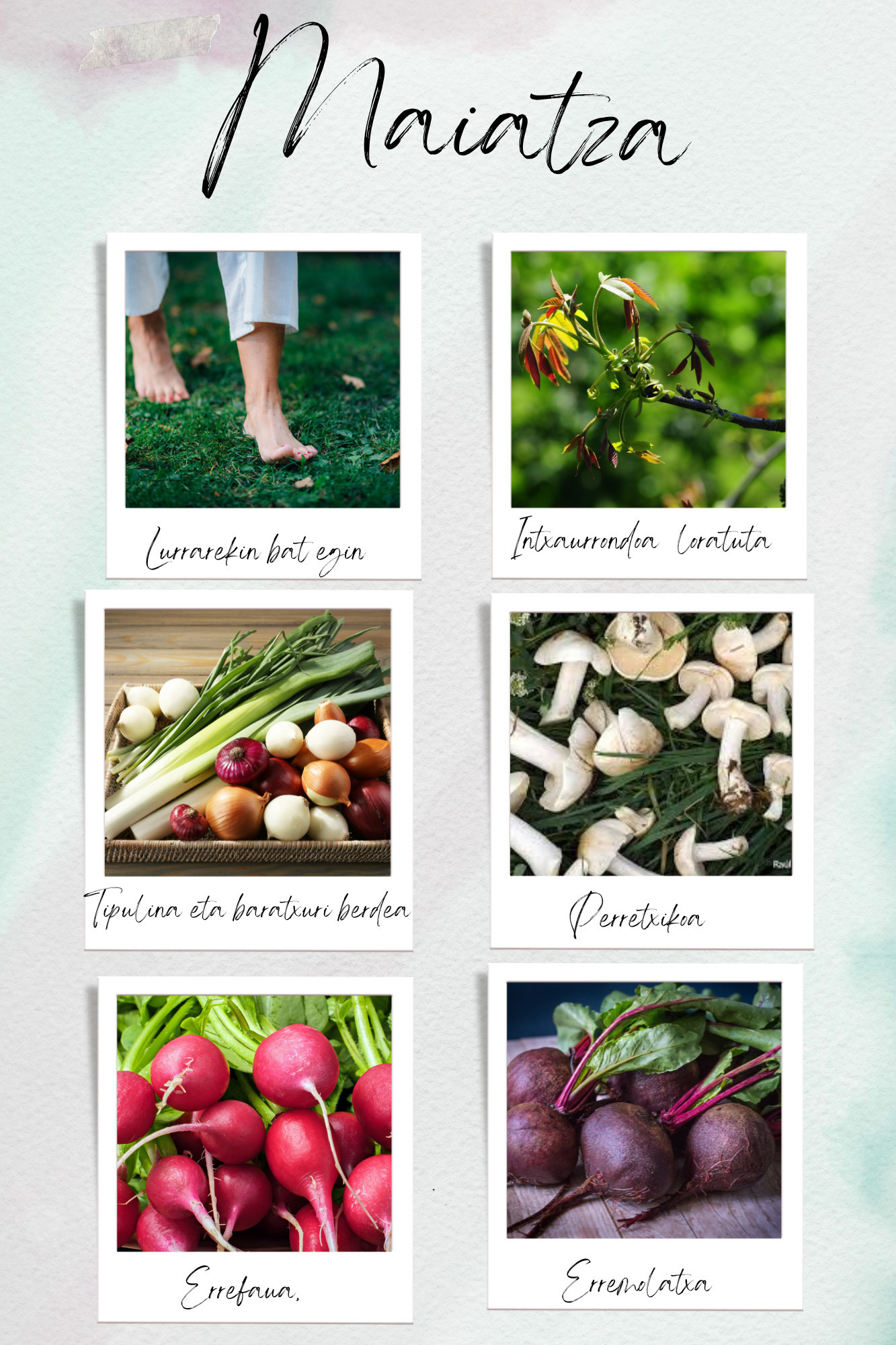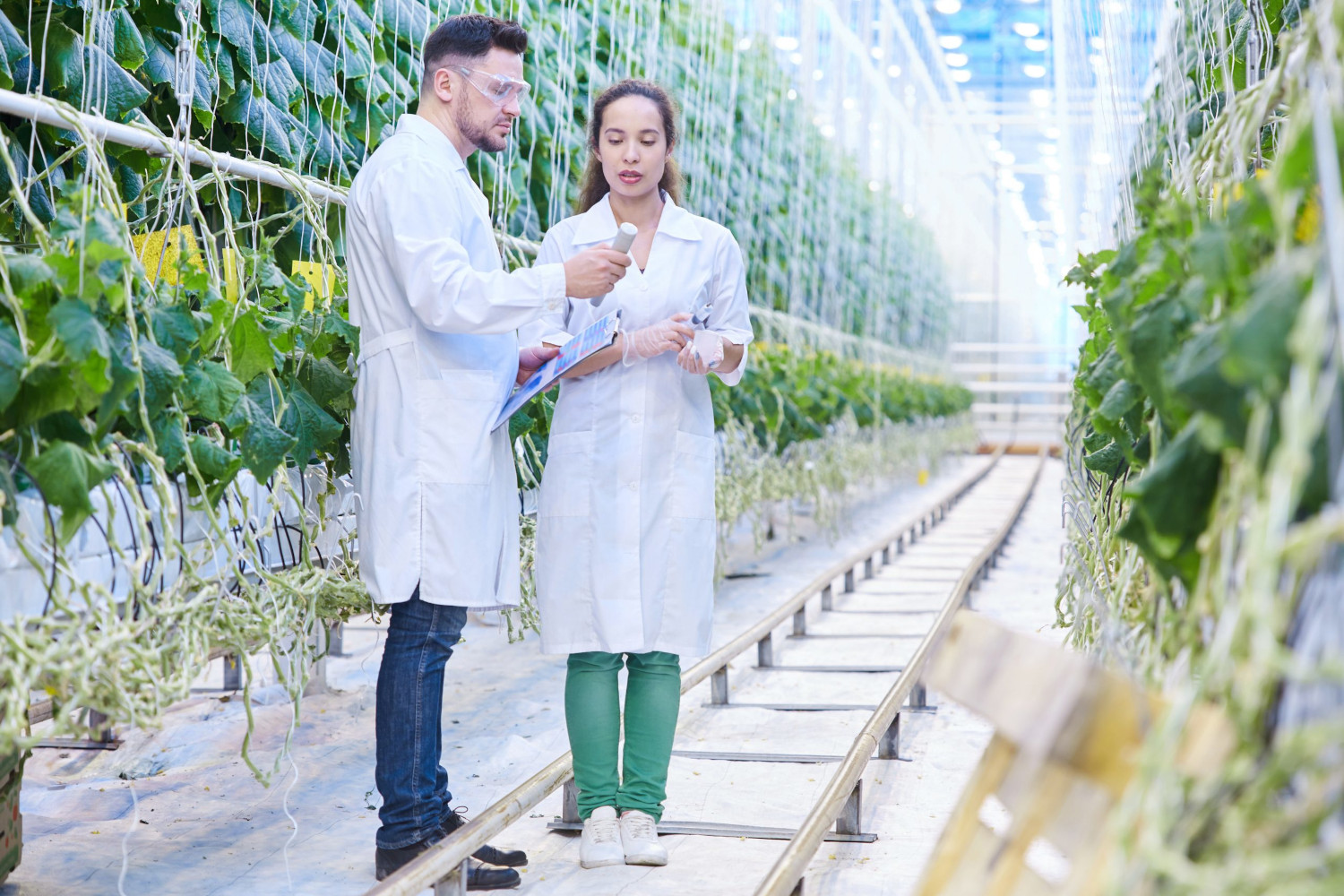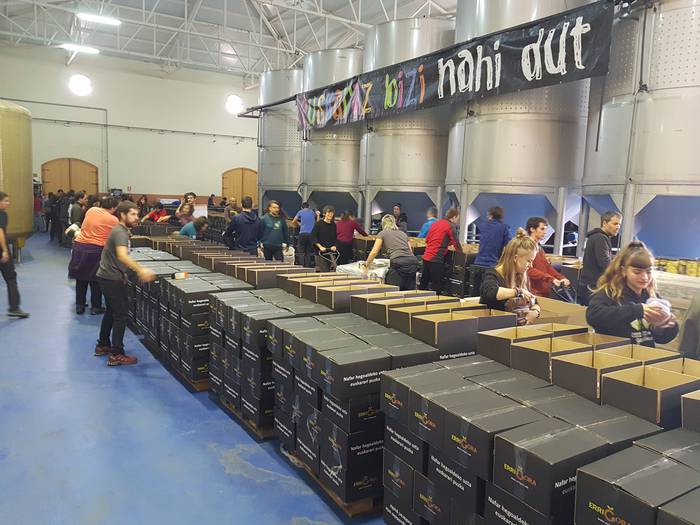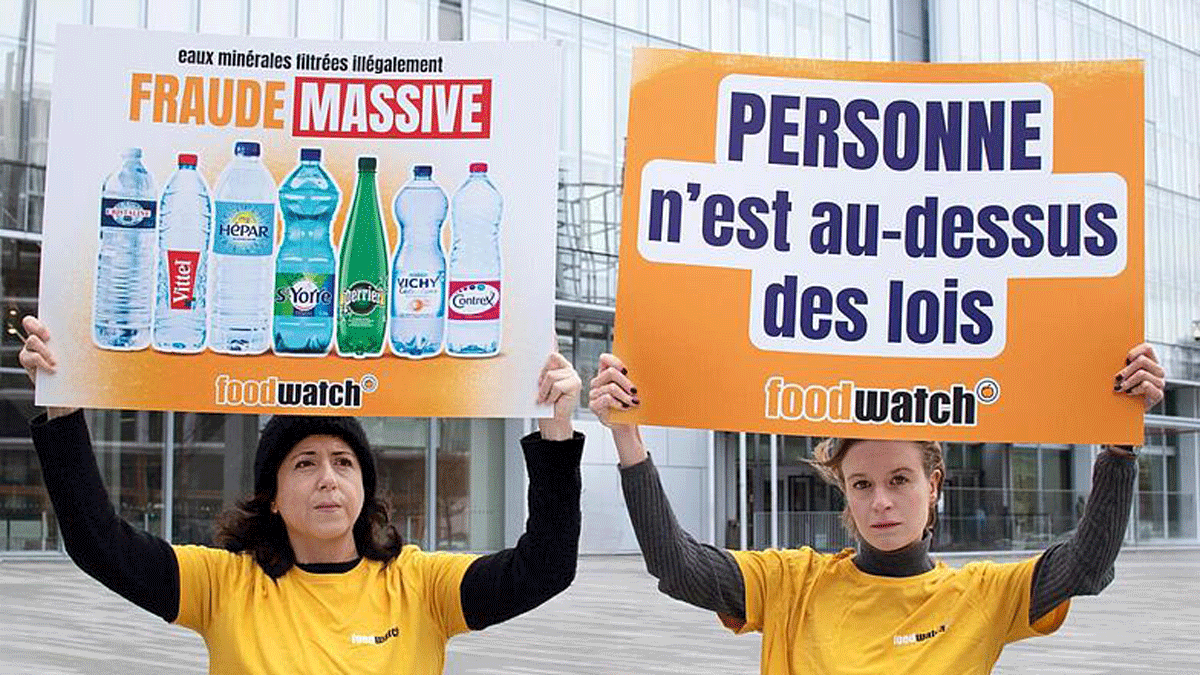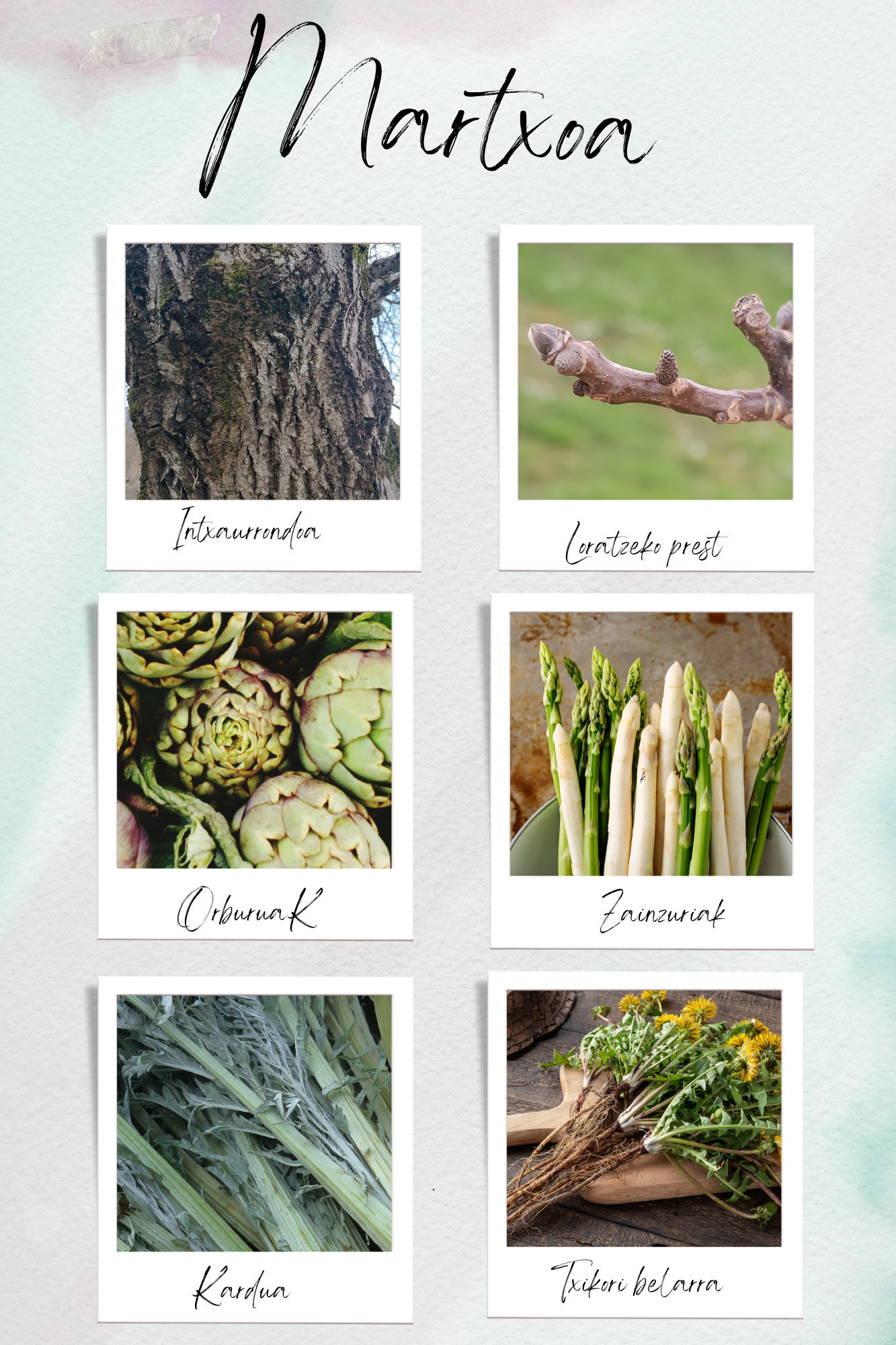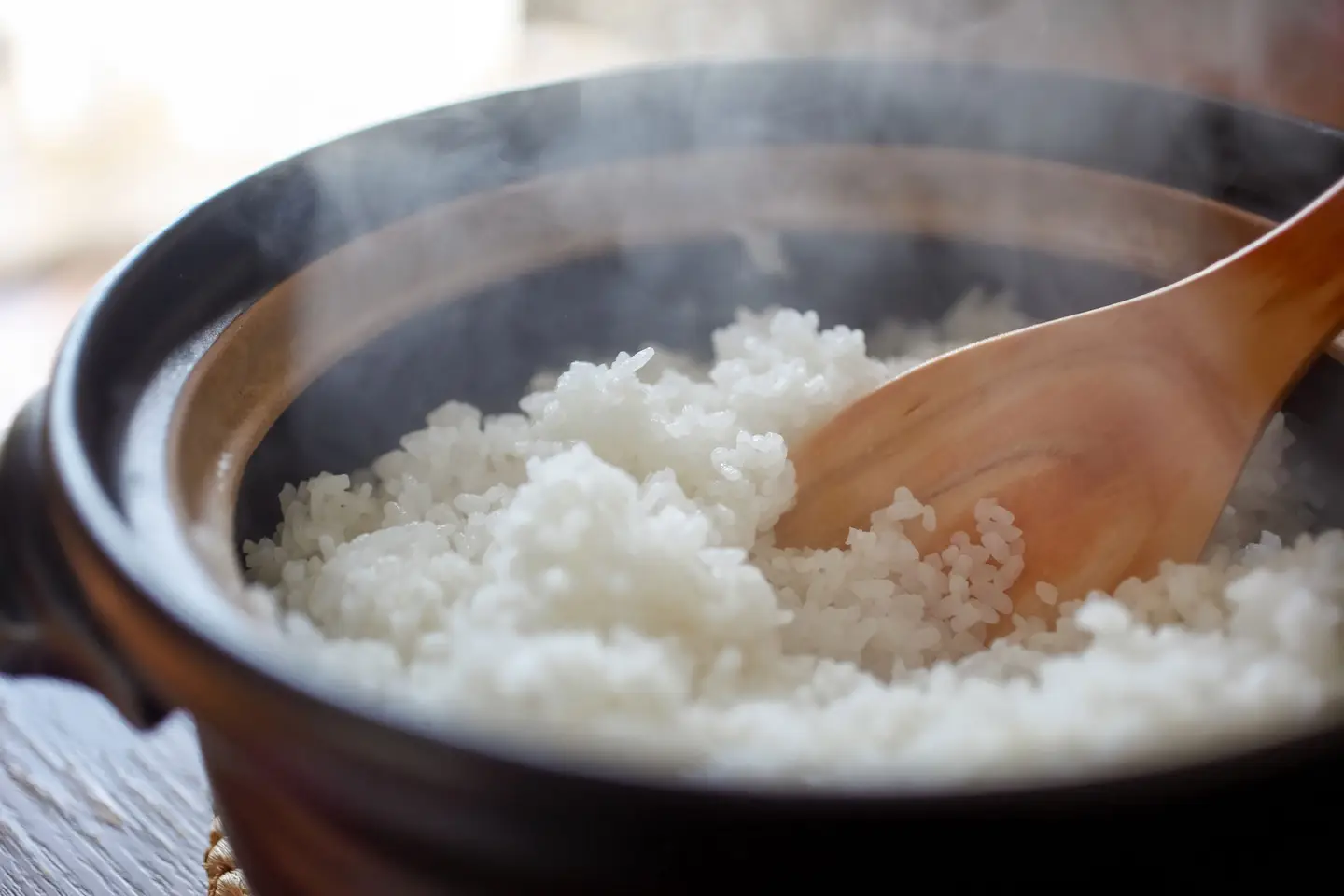“We need new narratives to change the food system”
- In 2020, some academics of food sovereignty made a statement to the European Union: They urged him to go beyond the “green” economic growth paradigm at the heart of the Green Pact. The EU institutions have only addressed some of the concerns of farmers inappropriately, reaffirming their commitment to the agro-industrial and capitalist model. Moreover, they have neglected the idea of applying systemic gaze policies, limiting themselves to the production phase. In this context, this group of academics has made a new statement. So in this article we will try to unpack the statement.
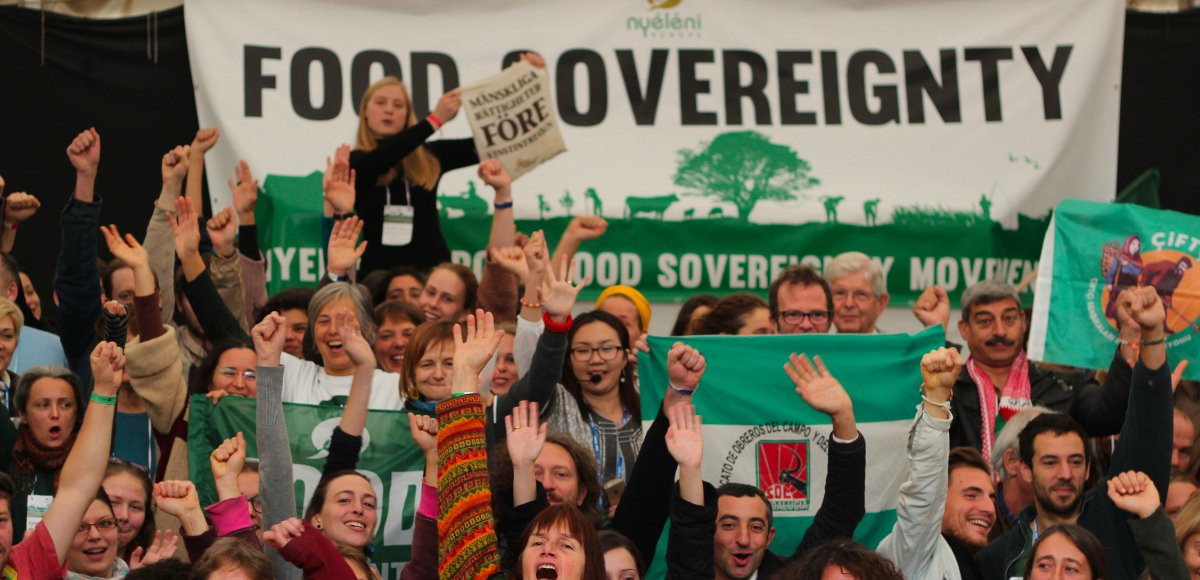
Trade reform
The narrative of free trade and price competition predominates – the most recent example is the EB-Mercosur agreement. Food is not seen as a human right, but as a fundamental benefit for trade negotiations. Reform of trade policies is necessary to protect and reproduce more sustainable and viable small-scale farms. Also to help create relocalized markets and territorialized economies, prioritizing local trade.
Fair prices, decent wages and land available
Trade liberalisation has been an essential factor in influencing artificially low food prices and the low pay of farmers. In this respect, the EU has sought to promote the competitiveness of agricultural products. According to this logic, farmers must reduce production costs, increase farm size, improve yield and reduce labour costs through technological innovation. All this has led to a reduction in the number of farmhouses in the area. On the one hand, as early as 2013, 3% of farms controlled 52% of land. On the other hand, due to the ageing of the population and the difficulties in relocation, agricultural projects are disappearing: Since 2005, the EU has lost over 4.2 million homes.
Research and Innovation (R&B)
It is invested in new technologies, relying on promoting the transformation of Food Systems, paralysing the loss of biodiversity, ensuring food security and ensuring its adaptation to climate change. Industrial and corporate interests are prioritized. To ensure food security, sustainable lives, resource use and challenges to mitigate climate change, we must collectivise R&B, moving away from vertical and fragmented research, the commodification of knowledge and scientific centrism.
Promoting the transformation of food through agroecology
Although the EU recognises that agroecology is one of the keys to moving towards sustainable food systems, it is based on a narrow view of the concept, which understands agriculture as a sustainable practice and as a scientific perspective, regardless of social and political dimensions. The holistic view of agroecology addresses the complexities of our interconnected world, encourages interdisciplinary learning, sustainable practices and appropriate governance environments to transform Food Systems.
Democratizing the governance of food systems
In January 2024, the EU launched the "Strategic Dialogue on the Future of Agriculture". This forum aims to provide a shared agricultural vision of the EU. It brings together the main stakeholders from the entire food chain, the large food industry lobbies, as well as some NGOs. If power relations are not properly addressed, democratic governance is put at risk. Equitable food transitions require other types of governance processes with clear mechanisms of transparency, legitimacy and participation.
According to this group of academics, the EU must develop a new narrative covering these five key themes. Let us see if this Europe that has leaned towards the right demonstrates its ability to do so.
Florentzia, 1886. Carlo Collodi Le avventure de Pinocchio eleberri ezagunaren egileak zera idatzi zuen pizzari buruz: “Labean txigortutako ogi orea, gainean eskura dagoen edozer gauzaz egindako saltsa duena”. Pizza hark “zikinkeria konplexu tankera” zuela... [+]
Udaberrian orain dela egun gutxi sartu gara eta intxaurrondoa dut maisu. Lasai sentitzen dut, konfiantzaz, bere prozesuan, ziklo berria hasten. Plan eta ohitura berriak hartu ditut apirilean, sasoitu naiz, bizitzan proiektu berriei heltzeko konfiantzaz, indarrez, sormen eta... [+]
“Hondakinik ez platerean!”. Hori zen kontsigna gure txikitako otorduetan. Janariak zeozer sakratu bazukeen, batez ere ogiak; lurrera erori eta, jasotakoan, musua eman behar zitzaion. Harik eta adin zozoan mamia baztertzeko moda etorri zen arte, lodiarazten zuelakoan... [+]
Bizkaigane elkarteak elikadura burujabetzan oinarritutako proiektua du Errigoitin (Bizkaia), 1983tik. Instalazioak dauden lur eremutik aterarazi nahi du lur jabeak elkartea. EHNE Bizkaia sindikatuak adierazi duenez, instalazioek lege eta administrazio eskakizun guztiak betetzen... [+]
Martxoaren 10etik 26ra izango da udaberriko kanpaina. 'Beste modura, denona de onura' lelopean arituko dira gertuko ekoizpena, banaketa eta kontsumoa babestu eta sustatzeko, ager zonaldean euskara hauspotzen duten bitartean. Apirila amaieratik aurrera jasoko dira... [+]
Euskal Herriko bi muturretatik datoz Itziar (Bilbo, 1982) eta Ekaitz (Erriberri, 2002), sortzen ari den Burujabetzaren Aldeko Mugimenduaren berri ematera. Euskal Herrian diren burujabetza prozesu ugariak arloz arlo bultzatu eta indartu nahi ditu BAMek. Lan horretan hasteko,... [+]
Ur kontaminatua ur mineral eta ur natural gisa saltzen aritu dira urte luzeetan Nestlé eta Sources Alma multinazional frantsesak. Legez kanpoko filtrazioak, iturburuko ura txorrotakoarekin nahasi izana... kontsumitzaileen osagarria bigarren mailan jarri eta bere interes... [+]
Emakume bakoitzaren errelatotik abiatuta, lurrari eta elikadurari buruzko jakituria kolektibizatu eta sukaldeko iruditegia irauli nahi ditu Ziminttere proiektuak, mahai baten bueltan, sukaldean bertan eta elikagaiak eskutan darabiltzaten bitartean.
Zuhaitza esnatzear dago, kimuak ageri dira adarretan. Gutxi falta da loraldirako, laster aro berria hasiko du, indarberrituta.








